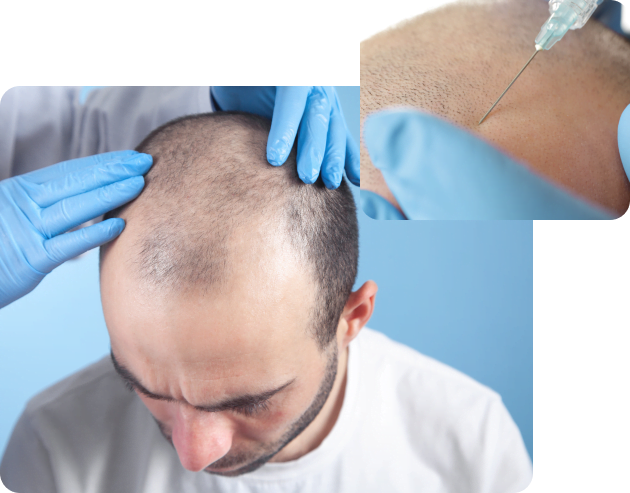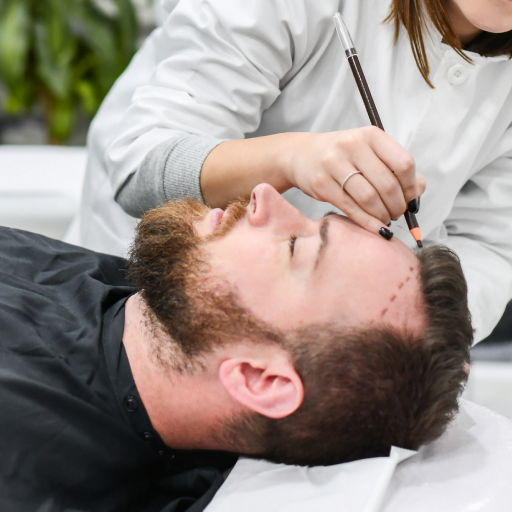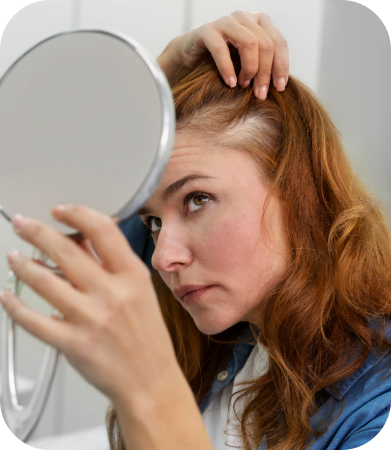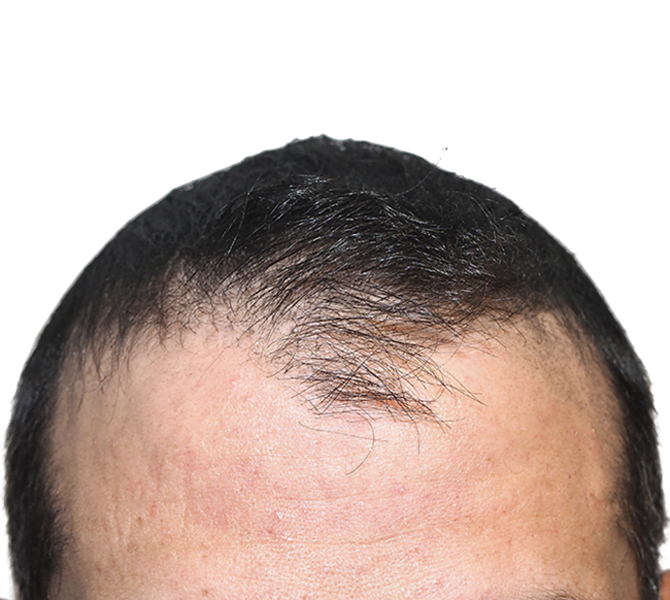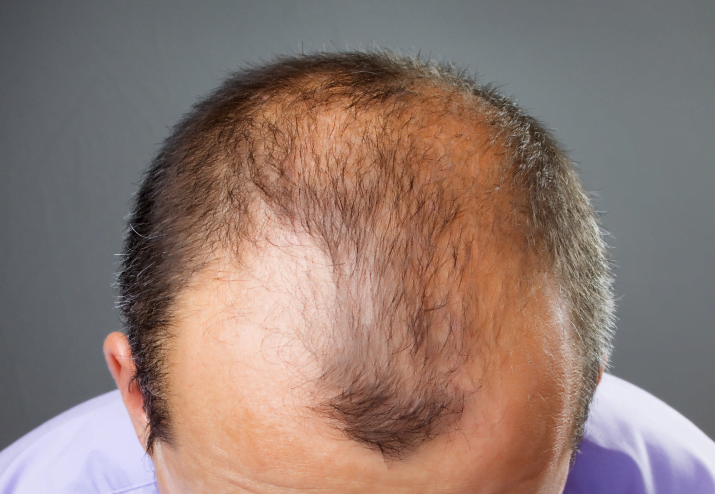Also known as male pattern baldness, it’s a condition that typically occurs slowly over time and in predictable patterns. Androgenic alopecia results in bald spots, a receding hairline, and is hereditary. According to the U.S. National Library of Medicine, up to 50 percent of men will experience it by the age of 50.
Even though male pattern baldness is one of the most common types of hair loss, men are often embarrassed and reluctant to seek assistance. There are treatments and measures that can be taken to lessen the impact.
Genetics
Male pattern baldness is determined by genetics and the levels of the sex hormone androgen, responsible for initiating puberty. The hair follicles shrink over time, producing finer and shorter hair. Eventually, the hair follicles stop producing hair, though they remain capable of growing new hair.
Androgenetic alopecia can begin any time after puberty as an extreme response to androgens. It happens so slowly that most men don’t even notice until hair loss is advanced. Men with male pattern baldness may also experience a wider part in their hair making the scalp more visible.
Signs and Symptoms
Androgenetic alopecia typically begins in the front of the head, creating an “M” shape at the hairline. The hair also begins to recede at the crown and the thinning expands, until a bald spot appears. It’s often accompanied by the hair forming a “U” shaped pattern on the sides of the head. The stress of losing hair often generates more hair loss as follicles go into a resting phase.
Diagnosis
To accurately diagnose the genetic condition, a medical hair specialist or dermatologist will conduct tests to rule out other causes that can result in baldness such as an iron deficiency or disease that can result in similar symptoms.
The most common cause of the condition is genetics. However, those that have certain health conditions such as diabetes and lupus are more prone to developing the condition, along with those that have cardiovascular disease and hypertension.
Hair Transplant Of Florida
Our Florida Hair Transplant Centers pride themselves on providing the most advanced hair transplant in Florida. Dr. Kristopher Hamwi, Clinician Sia Gieger, and Clinician Rhonda Daniels are all specialists in the field of hair restoration., Rest assured that your balding hair is in good hands.
To schedule your hair transplant/hair restoration appointment at one of our South Florida Centers please contact us at (941) 315-7033
